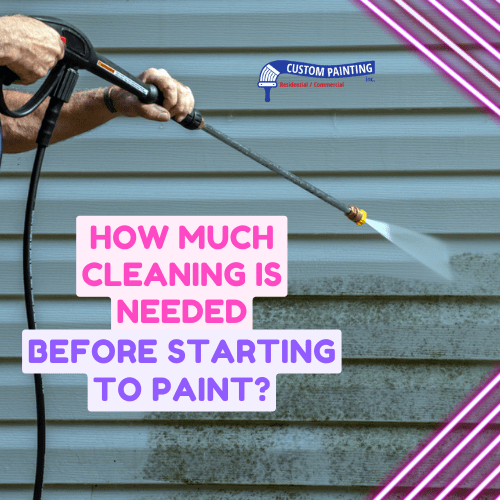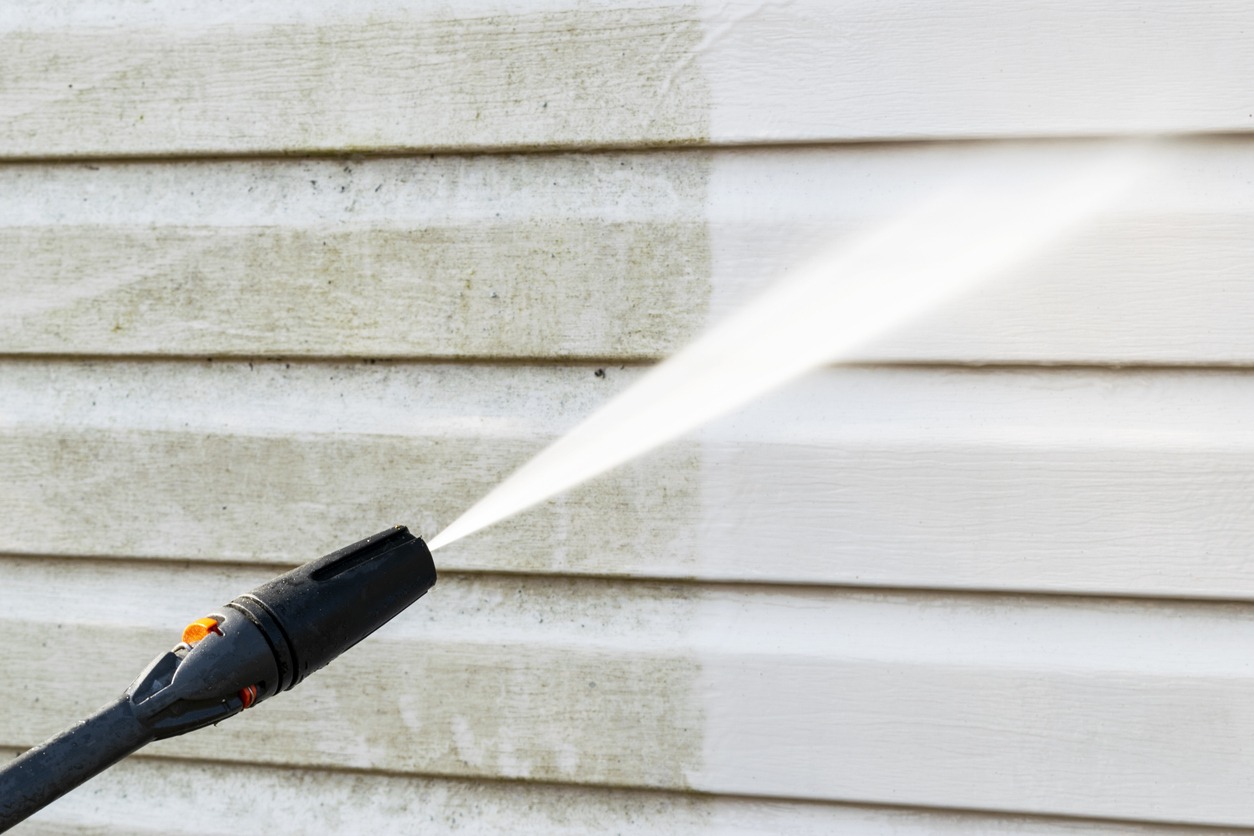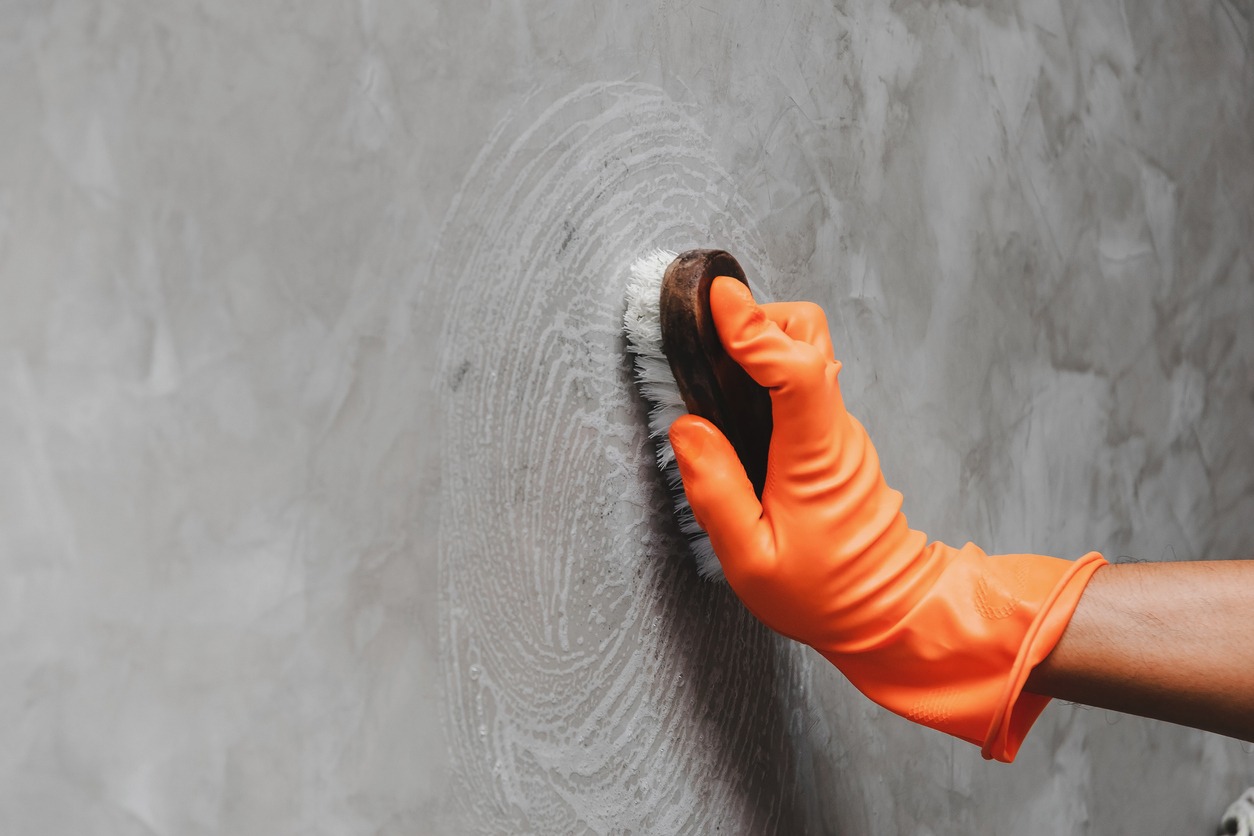Preparing to paint your home involves more than just picking the right colors and brushes. A crucial step often overlooked is cleaning the surfaces that need painting. Proper cleaning ensures that the paint adheres well and looks smooth. This article explores how much cleaning is necessary before you start painting, providing essential tips to prepare your walls for a fresh coat.
The Benefits of Cleaning Before Painting
Cleaning your walls before painting is an essential step that can significantly affect the outcome of your paint job. Here are the key benefits of thorough cleaning before you begin painting:
- Improved Paint Adhesion: Removing dirt, dust, and oils from the surface ensures that the paint adheres properly. This prevents peeling and blistering, extending the paint job’s life.
- Smoother Application: Clean surfaces allow for smoother paint application, resulting in a more even coat. This helps avoid issues like clumping or uneven texture.
- Enhanced Color and Finish: Dirt and stains can alter the appearance of paint colors. Cleaning ensures that the true color shines through and the finish remains consistent.
- Detection of Surface Problems: Cleaning can help uncover hidden issues such as mold, mildew, or cracks that need to be addressed before painting. This can prevent future damage and ensure a better-quality finish.
- Cost-Effective: By ensuring proper adhesion and revealing potential problems, cleaning before painting can save money on repairs and touch-ups in the long run.
Taking the time to clean thoroughly before starting your painting project can make a significant difference in the quality and durability of your paint job.
How Much Cleaning Is Needed Before Starting to Paint?
Before you start painting, ensuring your surfaces are thoroughly clean is crucial for a successful outcome. The amount of cleaning required can vary based on the condition of the surfaces and the environment of your home. Here’s what you need to consider:
- Daily Dust and Dirt: All surfaces accumulate dust and dirt, which can interfere with paint adhesion. Wipe down all surfaces with a damp cloth or use a mild detergent for more soiled areas to ensure they are free of dust.
- Grease and Oil: Grease or oil buildup can occur in kitchens and frequently touched areas. To ensure the paint will stick properly, these surfaces require more vigorous cleaning with degreasers or a vinegar-water solution.
- Stains and Smudges: Look for fingerprints, smudges, and other marks, especially around switches and door frames. These should be cleaned thoroughly as they can bleed through the paint if not properly removed.
- Mold and Mildew: Bathrooms and other damp areas of your home might have mold or mildew. Clean these areas with a bleach solution or a specialized mold remover before painting to prevent future growth under the new paint layer.
- Smoke and Nicotine Stains: Homes with smokers may have yellowed walls due to nicotine. These require cleaning with products designed to remove these tough stains to ensure the new paint appears true to color.
Cleaning Tips Before Starting a Painting Project
Proper preparation is crucial for a successful painting project. Cleaning the surfaces before you start painting ensures a smooth application and a beautiful finish. Here are some essential cleaning tips to follow before you dip your brush:
Dust and Wash Walls
Start by dusting your walls with a dry cloth or duster to remove cobwebs and loose dirt. Follow up with a damp cloth or sponge and a mild detergent to wash away any remaining grime. This is particularly important in kitchens and bathrooms where walls may accumulate grease and soap scum.
Tackle Mold and Mildew
If you notice mold or mildew on the walls, addressing this before painting is essential. To kill mold, use a solution of bleach and water (one part bleach to three parts water). Apply the solution and allow it to sit for a few minutes, then rinse with water and let the surface dry completely.
Clean Ceilings and Trim
Don’t forget about the ceiling and trim. Dust and wash these areas as well because they also gather dust and stains over time. Clean trim with soapy water and rinse well to avoid leaving residues that could affect paint adhesion.
Remove Grease Spots
Grease spots may appear on the walls in areas like the kitchen. To remove grease, use a degreaser or a mix of vinegar and water. For the best painting results, make sure the walls are completely free of greasy residues.
Allow Surfaces to Dry
After cleaning, give your walls enough time to dry completely before you start painting. Painting over damp surfaces can cause the paint to bubble and peel, compromising the quality of your project.
Hiring the Best Painters for Painting Projects
Choosing the right professionals can make all the difference when it comes to painting your home after cleaning. Here’s why hiring the best painters is essential for achieving high-quality results in your painting projects:
- Professional Expertise: Experienced painters have the skills and knowledge to handle complex projects. They know the best techniques and products to use for different types of surfaces and conditions.
- Quality Workmanship: Hiring skilled painters ensures that every detail is taken care of with precision. They achieve clean lines, even coats, and a finish that lasts.
- Efficient Timing: Professional painters know how to manage their time and resources efficiently. They complete the job within the agreed timeframe, minimizing disruption to your daily life.
- Proper Tools and Equipment: The best painters come equipped with the right tools for the job. They use high-quality paints, professional-grade brushes, rollers, and sprayers to ensure a superior finish.
- Less Stress: Taking on a painting project yourself can be stressful and time-consuming. Hiring professionals takes the burden off your shoulders, allowing you to focus on other important tasks.
- Guaranteed Results: Reputable painting companies often offer a warranty on their work. This gives you peace of mind, knowing any issues will be resolved without additional costs.
Choosing to hire experienced and reputable painters is a worthwhile investment for any painting project, ensuring quality, efficiency, and satisfaction.
Conclusion
From removing dust and dirt to tackling more stubborn issues like grease, stains, and mildew, the effort you put into preparing your surfaces will directly affect the quality and longevity of your paint job. Taking the time to clean meticulously can transform a good painting outcome into a great one.
For expert advice and professional painting services, contact Custom Painting, Inc. at 925-294-8062 or complete our contact form. Let us help you achieve the best results for your painting project.



